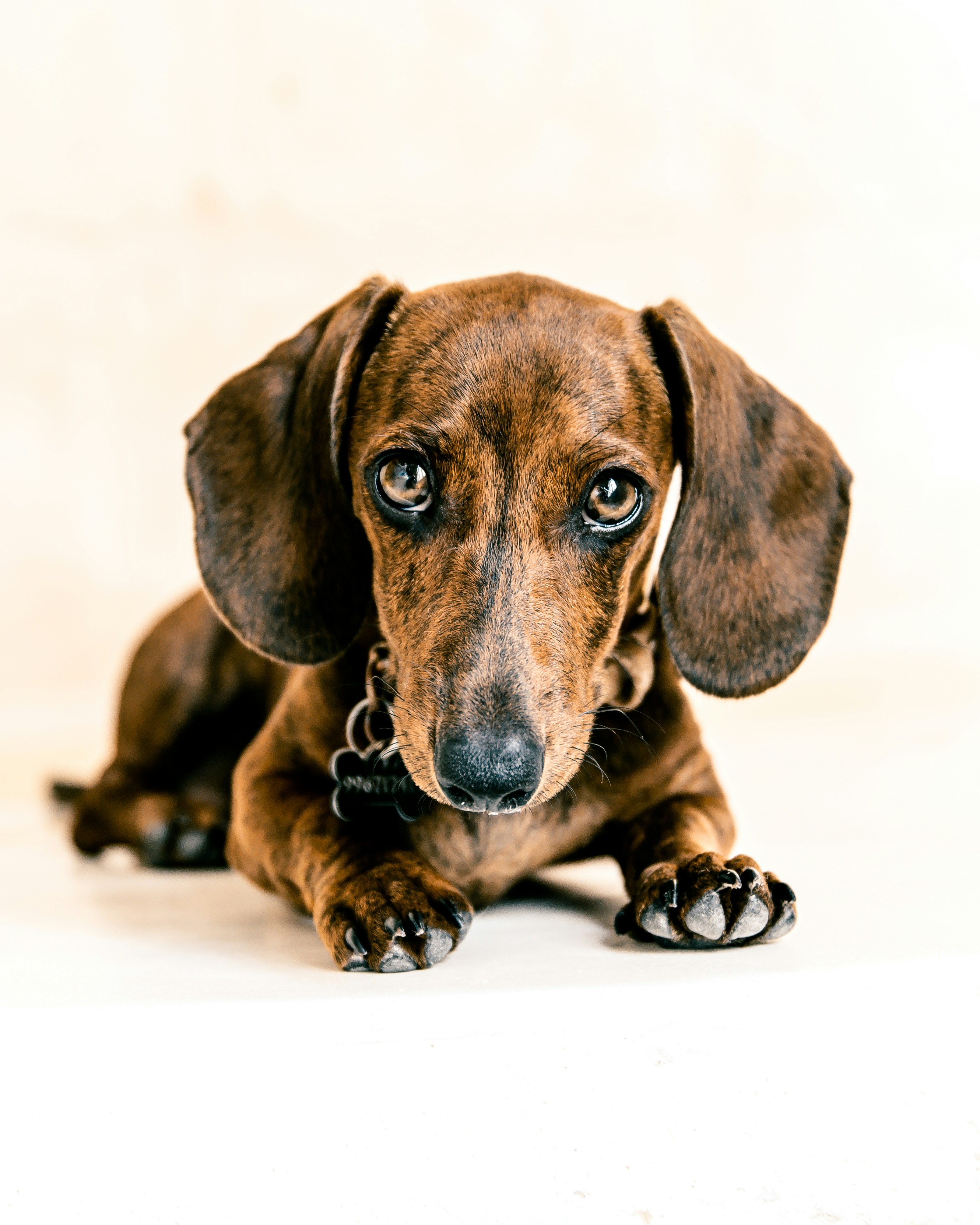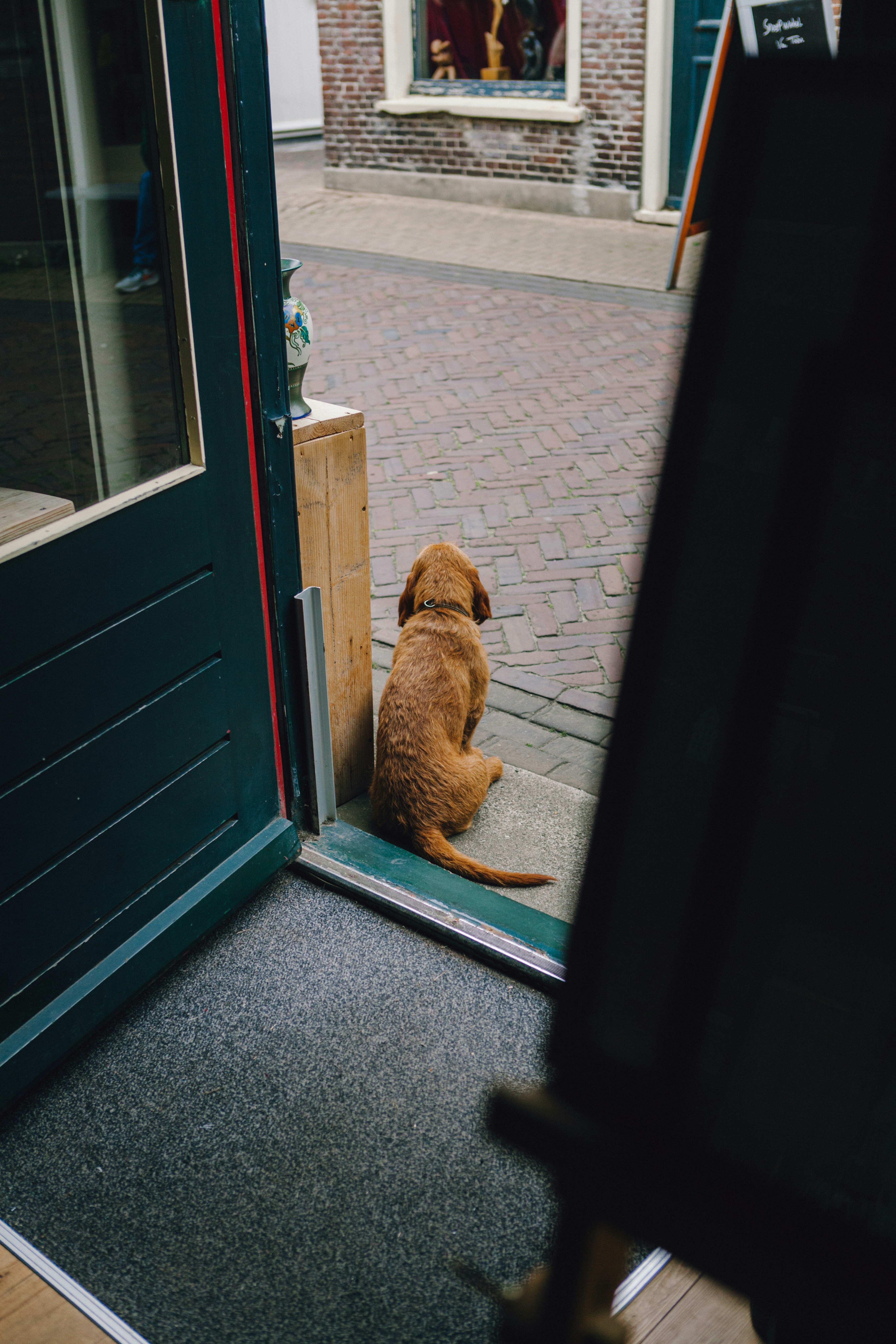Do dachshunds tend to be aggressive?
Have you ever wondered if Dachshunds are aggressive? If so, you’re certainly not alone. With their unique appearance and spirited personalities, Dachshunds have caught the hearts of millions. However, potential owners may be concerned about their temperament. Let’s look closer at the breed, their behaviour, and what factors might contribute to aggression.
Understanding the Dachshund Temperament
Understanding the temperament of a Dachshund is essential if you’re considering bringing one into your home. These little dogs are known for their strong-willed nature, which can sometimes be mistaken for aggression.
History of the Dachshund
The Dachshund originated in Germany and was initially bred to hunt badgers. Their distinctive elongated body and short legs enabled them to dig into burrows and corners. Knowing their history provides context for their spirited behaviour. The traits that made them excellent hunters can manifest as stubbornness and assertiveness in domestic life.
General Characteristics
Dachshunds are generally playful and affectionate. Here are a few characteristics you might appreciate:
| Characteristic | Description |
|---|---|
| Temperament | Playful, friendly, and devoted |
| Size | Small to medium |
| Coat Types | Smooth, long-haired, and wire-haired |
| Lifespan | 12 to 16 years |
This combination creates a lively companion, but their intense personalities can lead to conflicts if not managed properly.
Common Misconceptions About Aggression
Several misbeliefs surround Dachshunds that might lead to misunderstanding their behaviour.
Small Dog Syndrome
Many assume small dogs, including Dachshunds, are more aggressive than larger breeds. This idea comes from how small dogs often bark assertively and exhibit dominant behaviour. It’s crucial to realize that their demeanour is not necessarily aggressive but can be interpreted differently due to their size.
Fear and Defensiveness
A common reason for perceived aggression in Dachshunds is fear. These dogs are naturally protective of their territory and can become defensive when threatened. Educating yourself on recognising signs of fear in your pet is essential to provide the proper reassurance.
This image is property of images.unsplash.com.
Signs of Aggression
It helps to familiarize yourself with what actual aggression looks like. Here are some signs to watch for:
| Sign of Aggression | Description |
|---|---|
| Barking | Loud, continuous, and low growl sounds |
| Snapping | Quick, reflexive bites |
| Tense Body Language | Rigid stance raised hackles |
| Increased Activity Level | Pacing or sudden bursts of energy |
Recognizing these signs early can help you intervene appropriately and train your Dachshund to behave more calmly.
Factors Influencing Aggression
As with any breed, several factors can contribute to a Dachshund’s aggressive tendencies.
Socialization
Proper socialization is critical for any dog, but it can significantly impact a Dachshund’s behaviour. They may develop a more balanced temperament if exposed to various pets, people, and environments during their formative weeks.
Training
A well-trained Dachshund is less likely to display aggressive behaviour. Positive reinforcement training techniques can help correct undesirable tendencies and foster better behaviour.
Genetics
Some Dachshunds may have a genetic predisposition to aggression. While not all dogs of this breed will display aggressive traits, certain lines have been noted for it. Choosing a reputable breeder can mitigate this risk.
This image is property of images.unsplash.com.
Addressing Aggressive Behavior
If you already have a Dachshund or are considering one, it’s essential to know how to address any aggressive tendencies if they arise.
Training Techniques
- Positive Reinforcement: Reward your Dachshund for good behaviour with treats or praise when they remain calm in previously stressful situations.
- Desensitization: Gradually expose your Dachshund to the source of its aggression in a controlled, calm environment where it feels safe.
- Redirecting Attention: Distract them with toys or commands when they begin to show signs of aggression.
Professional Help
If you find managing your Dachshund’s behaviour challenging, don’t hesitate to seek professional help. A dog trainer or behaviourist can provide tailored advice to help your dog learn how to react appropriately.
When to Consider a Dachshund
Choosing a pet is a significant decision, and it’s essential to understand if a Dachshund is right for you and your lifestyle.
Family Compatibility
Dachshunds can be great family pets; however, it is vital to assess how they will interact with children or other pets within your household.
- With Children: These dogs can be loving companions for children. Still, supervision is required to prevent accidental injuries during play, as their size makes them more vulnerable.
- With Other Pets: Early socialization with other pets will be crucial in helping your Dachshund adapt to having furry siblings.
Active Lifestyle
A Dachshund may fit into your world beautifully if you lead an active lifestyle. They enjoy exercise and will eagerly join you on walks or playtime sessions. However, their short legs may require more frequent breaks than larger breeds.
This image is property of images.unsplash.com.
Conclusion
So, do Dachshunds tend to be aggressive? The answer isn’t a simple yes or no. Their potential for aggression strongly correlates with their upbringing, environment, and interaction with people and other pets. With proper training and socialization, they can thrive as delightful companions.
If you decide to welcome a Dachshund into your home, prepare to invest time in training and socialization. Understanding their history and what they need to feel secure will significantly impact their demeanour.
Ultimately, every dog is unique, and a supportive and loving atmosphere will always bring out the best in your Dachshund. They are a special breed with a lot of love to give, and with the right guidance, they can become a cherished part of your family.


